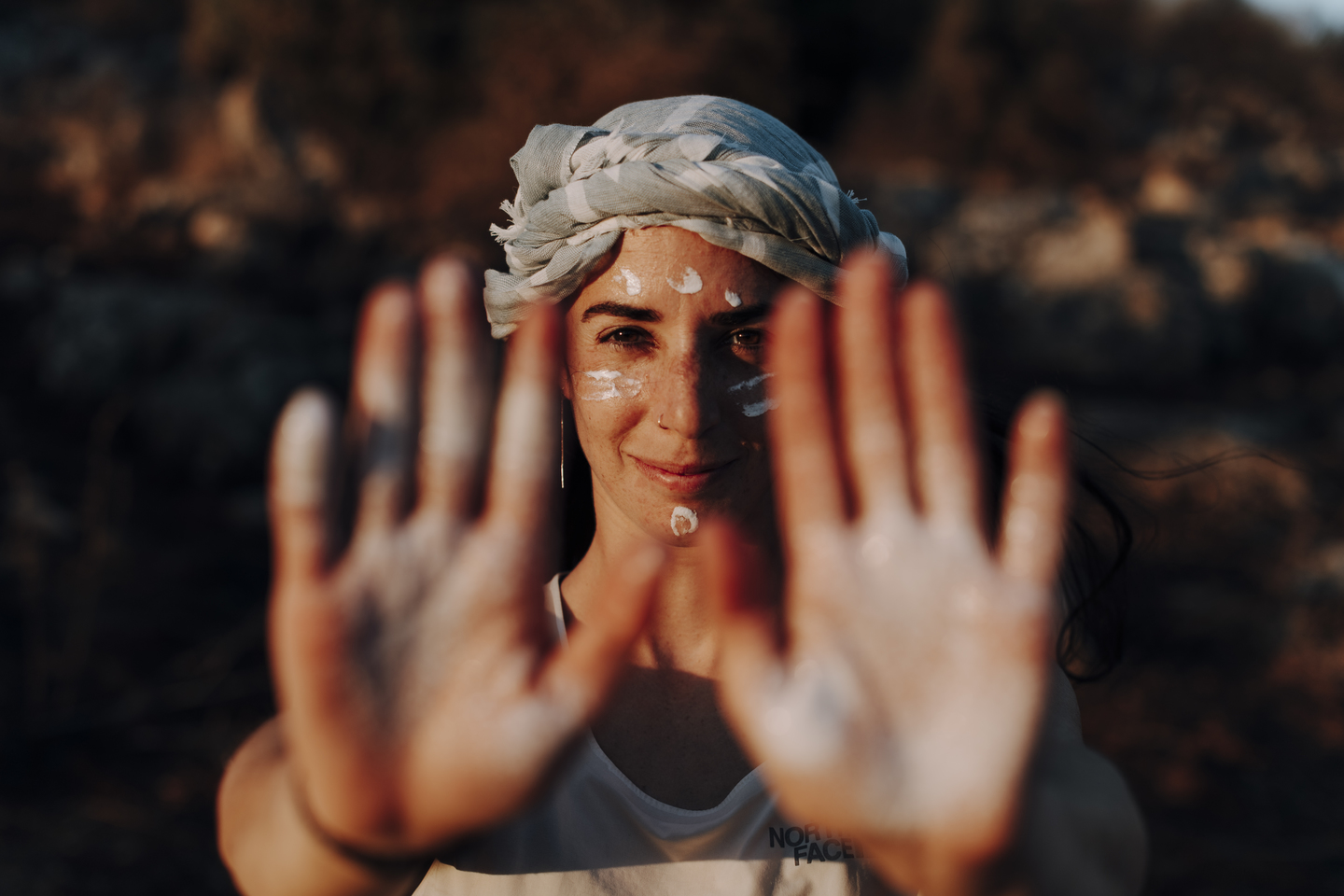Level 1, Article
A Healthy Relationship with the Sun

The Sun Is Life-Giving, But It Can Also Be Your Skin's Worst Enemy
Skin and Sun Exposure
The skin is the body’s largest organ. It protects the body against infection and injury and helps to regulate body temperature. The skin also stores water and fat and produces vitamin D. Despite its importance, we don’t always give the due attention.
On bare skin, one of the aspects that we must consider is the excessive sun exposure. Although the sun is fundamental for life, when in excess and without proper care, sun exposure is one of the main risk factors for skin cancer [1-3].
Skin Cancer Risk Factors
In addition to various other risk factors, such as family history, lifestyle choices (such as spending a lot of time outdoors), personal history of skin cancer, and skin type, ultraviolet radiation is recognized as the primary risk factor for both melanoma and nonmelanoma skin cancer.
As the biggest and most visible organ in the human body, the skin accumulates damage over the years from exposure to UV radiation. And this damage is cumulative. This is the reason why we say that “skin has memory”. Even prolonged exposure to the sun in childhood can have consequences in adulthood4.
Enjoy Nature Safely: Protect Your Skin!
People who practice physical activity and outdoor sports have an increased risk of skin cancer as they are exposed to high doses of ultraviolet radiation [1,2]. So, it is important to protect your skin during all outdoor activities (cycling, walking, gardening, sunbathing, swimming, etc.).
Although many people, including those who exercise outdoors, are aware of the risks of sun exposure, they often have inappropriate sun exposure habits. This can lead to sunburn and increase the risk of skin cancer [1,2]. Enjoying nature is very important for your health, however, sun protection is essential.
Recommendations for Skin Protection During Outdoor Activities
- Prioritize safe sun exposure throughout the year, with special attention during the summer when it's crucial to avoid strong and direct sunlight. A useful guideline is to assess the shadow your body casts: if it is smaller than yourself, it indicates unsafe sun exposure [3,4].
- Seek shade whenever possible [3,4]. Taking refuge in shaded areas can significantly reduce your sun exposure and minimize the risk to your skin.
- Wear protective clothing designed for sun protection, including a wide-brimmed hat, that shields your face, neck, and ears [3,4]. Darker colored clothing tends to offer better protection compared to lighter colors.
- Don't forget to wear sunglasses with ultraviolet (UV) protection. Your eyes also require safeguarding from the harmful effects of UV radiation.
- Apply a broad-spectrum sunscreen with a sun protection factor (SPF) of at least 30 [3,4]. Ensure the sunscreen guards against both UVA and UVB rays, and remember to reapply it regularly, especially after swimming or excessive sweating.
This article might also be interesting for you: How to cope with the heat wave
Authors:
Cidália Gonçalves, Sónia Silva, Nádia Moura (Liga Portuguesa Contra o Cancro)
Peter Hägglöf (Region Västerbotten)
Sources
[1] Fernandez-Ruiz, J.; Montero-Vilchez, T.; Buendia-Eisman, A.; Arias-Santiago, S. Knowledge, Behaviour and Attitudes Related to Sun Exposure in Sportspeople: A Systematic Review. Int. J. Environ. Res. Public Health 2022, 19, 10175. https://doi.org/10.3390/ijerph191610175
[2] Duarte AF, Nagore E, Silva JNM, Picoto A, Pereira AC, Correia OJC. Sun protection behaviour and skin cancer literacy among outdoor runners. Eur J Dermatol. 2018 Dec 1;28(6):803-808. doi: 10.1684/ejd.2018.3450. PMID: 30698149.
[3] Rüdiger Greinert, Esther de Vries, Friederike Erdmann, Carolina Espina, Anssi Auvinen, Ausrele Kesminiene, Joachim Schüz, European Code against Cancer 4th Edition: Ultraviolet radiation and cancer, Cancer Epidemiology, Volume 39, Supplement 1, 2015, Pages S75-S83. https://doi.org/10.1016/j.canep.2014.12.014.
[4] International Agency for Research on Cancer, European Code Against Cancer. https://cancer-code-europe.iarc.fr/index.php/en/ecac-12-ways/sun-uv-exposure-recommendation
